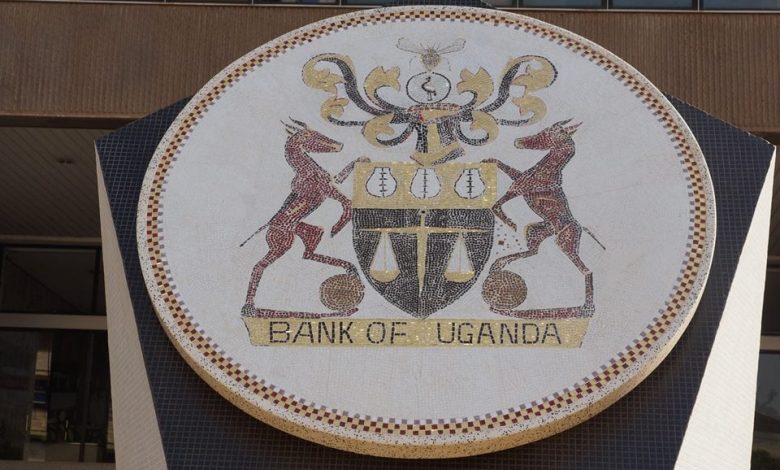ISLAMIC BANKING: The important details you need to know
Islamic Banking integrates Islamic moral and ethical value systems, and as such, prohibits the financing of harmful products and or activities.

President Yoweri Museveni’s signing of the Financial Institutions (Amendment) Act 2023 last month paved way for the introduction of Islamic banking in Uganda. Subsequently, Bank of Uganda (BoU) on September 8, 2023 issued the first Islamic Banking license to Salaam Bank Uganda Ltd, making it the first commercial bank to offer Islamic banking services in Uganda.
It should be noted that Islamic banking is practiced in various jurisdictions around the World. In Africa, this includes countries like South Africa, Nigeria, Mauritius, Botswana, Kenya, Tanzania, Rwanda, Senegal, Algeria, Egypt, Sudan and Tunisia.
Salaam Bank is a Ugandan subsidiary of Salaam African Bank of Djibouti, through Top Finance Bank which it acquired in August last year. Salaam’s launch in Uganda followed the expansion in Asia, particularly in Malaysia as well as in Ethiopia and Kenya.

Islamic banking is based on the principles of Shariah, which prohibits the charging of interest, products with uncertainty (speculation), gambling, and activities that society deems detrimental. Instead, it provides for the lender to take interest in the beneficiary project and at the end of it, share in the profits or losses of the project.
Apart from the reduced risk of failure to pay back, enterprises get an additional advantage of expert or technical contribution by the lender who ensures the success of the credit.
Ethical and sustainable banking
Michael Atingi-Ego, the deputy governor of the Bank of Uganda in his remarks said that Islamic banking is a more ethical and sustainable form of banking and it is well-suited to the needs of many Ugandans.
“I am particularly pleased that Islamic banking is not limited to Muslims. This financial offering can benefit everyone, regardless of their religious beliefs. Of course, there are risks associated with any new venture. However, I am confident that Salaam Bank Limited has the expertise and resources to manage these risks,” he said.
"The BoU is committed to providing oversight and support to Salaam Bank Limited as it embarks on this new journey. Islamic banking has the potential to make a significant contribution to the development of Uganda's financial sector." – Michael Atingi-Ego DG BoU#IslamicBankingUG pic.twitter.com/m7JFbz3jKG
— Bank of Uganda (@BOU_Official) September 8, 2023
He added that, “The BoU is committed to providing oversight and support to Salaam Bank Limited as it embarks on this new journey. We believe Islamic banking has the potential to make a significant contribution to the development of Uganda’s financial sector.”
Salaam Bank CEO, Michael Mande expressed gratitude thanking all stakeholders who participated in the meticulous process that enabled the creation of a legal framework for Islamic Banking to finally take off in Uganda.
“From the government through the Ministry of Finance, our regulator Bank of Uganda, the Parliament of Uganda and all sector players that made this possible, today marks a giant step for us all. Salaam Bank, may be the first to be licensed to offer Islamic Banking solutions in Uganda, but this victory is for every Ugandan,” said Mr. Mande.
What you need to know
According to the Executive Director Supervision at BoU, Dr. Tumubweinee Twinemanzi, Islamic banking transactions are guided by morals and value system as derived from Sharia Law, and these demand: transparency and full disclosure between parties to a transaction; good faith in conduct by the parties to a transaction; and participation in transactions that do no harm to the wider society.

“The central premise in Islamic banking is that money, in of itself has no intrinsic value, but rather it must be used to generate income through trade and / or investment in tangible assets; whence it derives its value. Any gains arising from the trading are shared between the party providing the capital and the one borrowing the money and providing the expertise,” he explains on the BoU website.
Islamic banking is run on four principles namely:
Prohibition of payment and receipt of interest
Interest represents any fixed or guaranteed payment on cash advances or on deposits, therefore representing a sure gain to the lender regardless of the performance of the borrower’s business or commercial undertaking. This is precisely what Islamic Banking prohibits.
However, Islamic banks are permitted to engage in trade and commerce, and the value they create is through the profits earned in trading or participating in other forms of commercial enterprise. But this option is not available to conventional banks, since the value they create is through the earning of interest.
Mutuality of risk sharing-profit and loss
In Islamic banking, the banks and their customers are partners, and share in a predetermined and agreed ratio, the profits or losses arising from this “joint venture”.

This of course demands full disclosure or rather minimal information asymmetry from both the lender and borrower with respect to the said transaction.
Prohibition of investment in harmful sectors / Businesses
Islamic Banking integrates Islamic moral and ethical value systems, and as such, prohibits the financing of harmful products and or activities. The definition of what constitutes harmful is derived from Sharia Law, and thus Islamic banks cannot therefore finance businesses such as casinos, nightclubs or any such activity.
Prohibition of uncertainty and speculation
There are strict rules in Islamic finance or banking against transactions that are highly uncertain or speculative or that may cause any injustice or deceit against any of the parties.
For example: the sale of goods or assets of uncertain quality or delivery or payment; or contracts not drawn out in clear and unambiguous terms; are some of the many transactions prohibited under Islamic banking.
This prohibition extends to transactions or contracts where uncertainty is combined with one party taking advantage of the property of the other, or where one party can only benefit when the other party loses. And by extension, speculative transactions are also prohibited since no asset is created.







